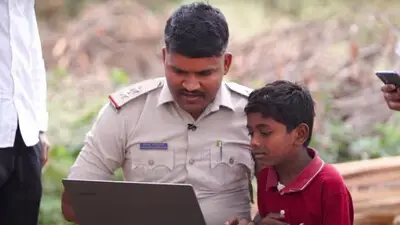Recommended Stories
A series of meetings between security agencies, Department of Telecom, National Technical Research Organisation and service providers have failed to come up with any solution to block the unregistered VoIP, who operate from outside the boundaries of the country, sources privy to the developments said. Recently militants, who wanted to trigger an explosion in Jammu and Kashmir, have said that they were receiving information from across the border through VoIP, which went undetected.
Sources in the government said that service providers, especially running Internet services, in Jammu and Kashmir were called to the Union Home Ministry recently and given a months time to find out ways to intercept and find the end user of the VoIP based on the Internet Protocol address. Central security agencies have expressed concern over the lack of real time monitoring of communication exchanges taking place over the internet and that telecom operators were not providing them the real time data of these conversations which is a security risk, they said.
The sources said Lashker-e-Taiba`s Kashmir commander codenamed "Furkan" has been frequently talking to its cadres in the Kashmir Valley using the VoIP technology. "We are sometimes able to monitor it but the chances of missing the conversation cannot be ruled out because of mushrooming of VoIP service providers who use varying frequency," a senior official said.
The security agencies said while internet usage on computers where the connectivity is offered via Internet Service Providers (ISPs) are traceable, the same is not applicable when it comes to browsing on mobile phones as telecoms had not set up facilities for real time tracking of websites visited by their customers.
The security agencies even cited examples where the telecom companies were provided with Internet Protocol (IP) addresses of websites, but the telecom companies were unable identify customers who had visited or browsed these sites.












